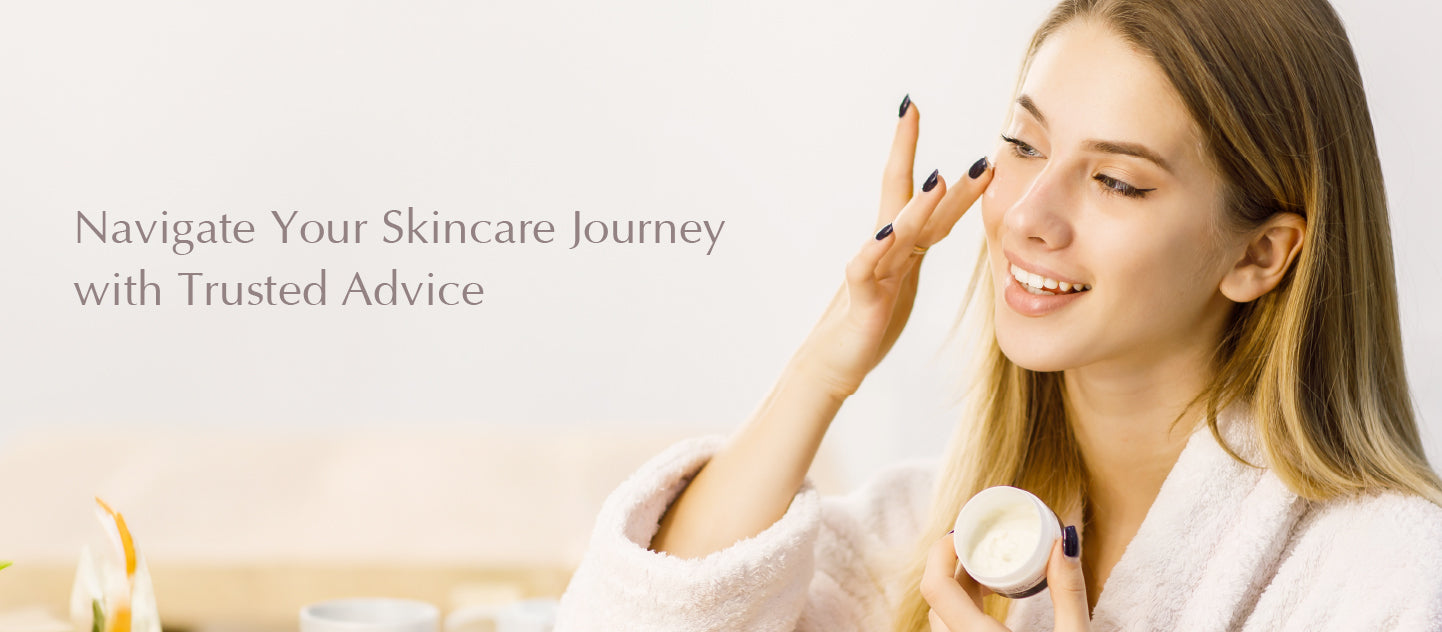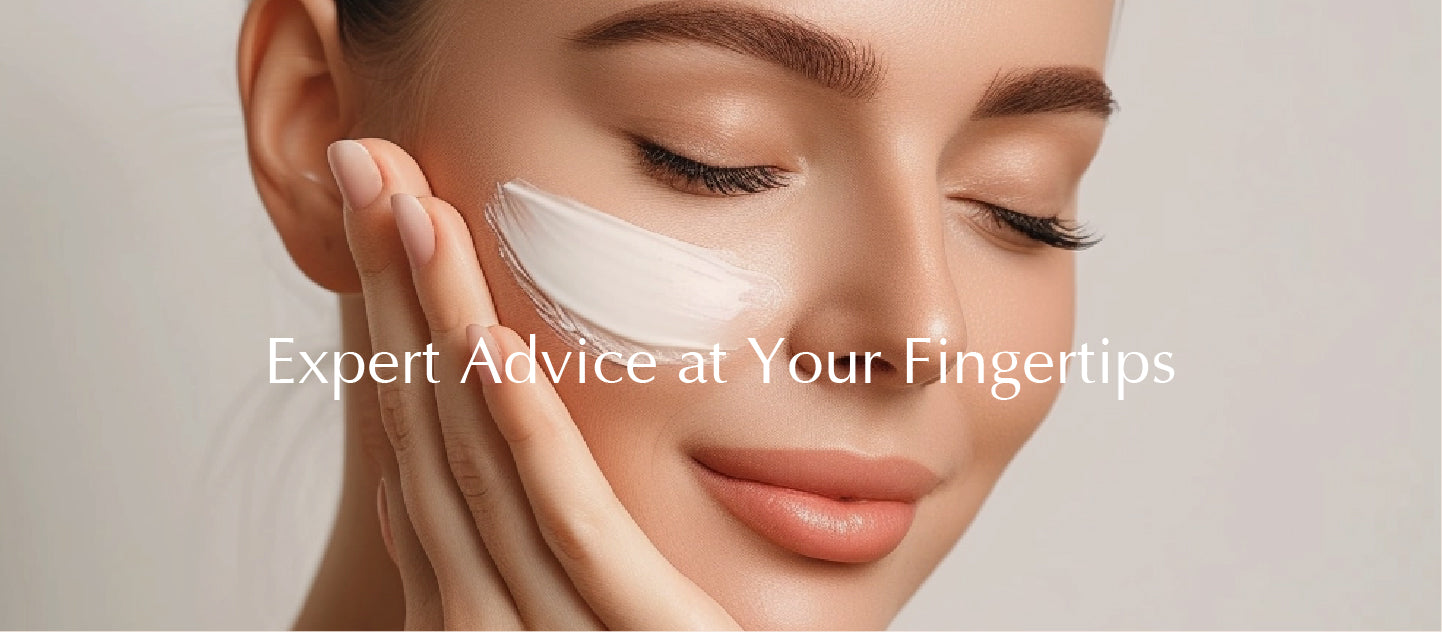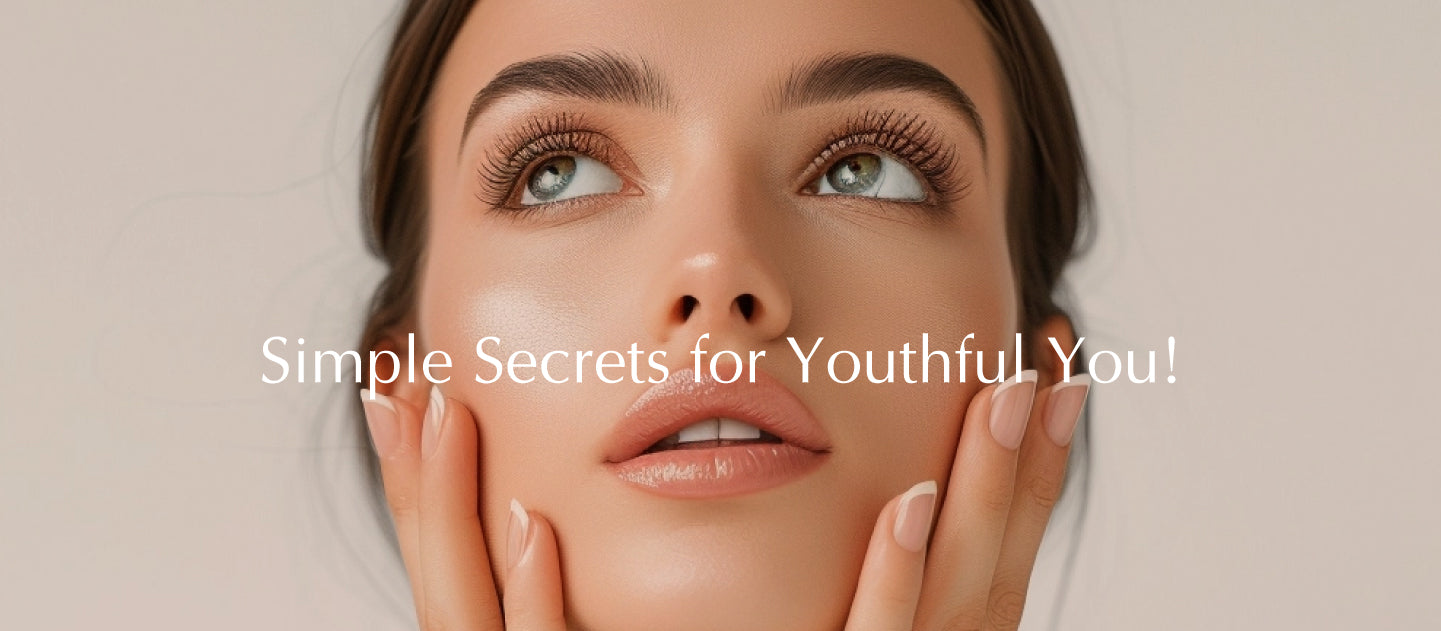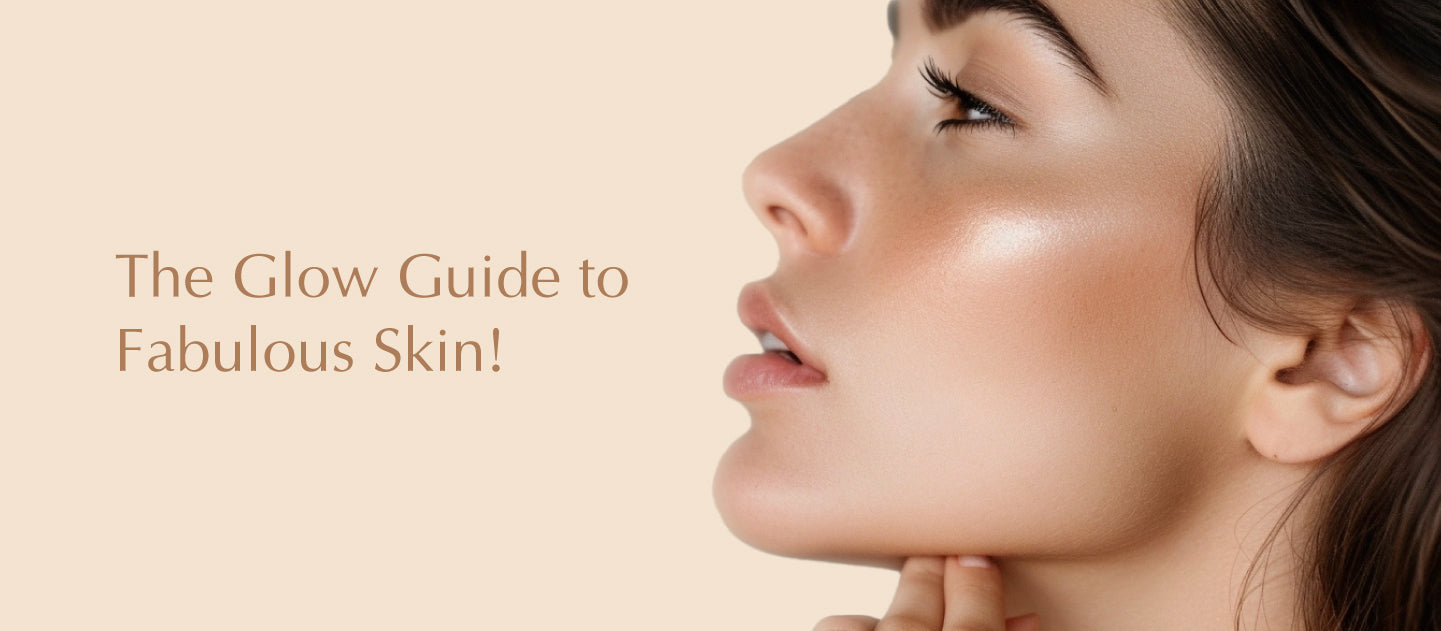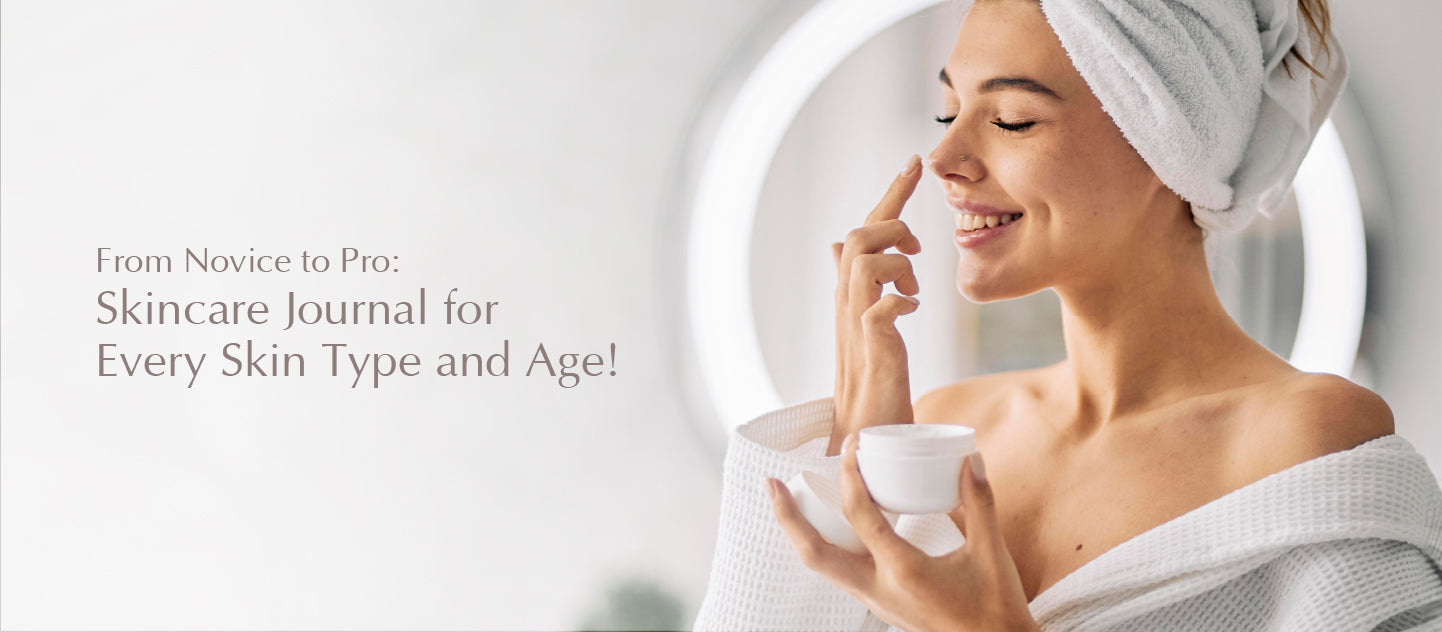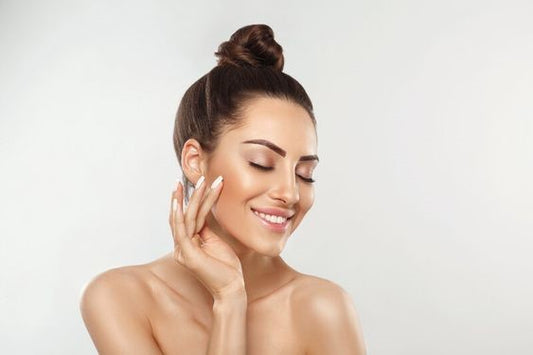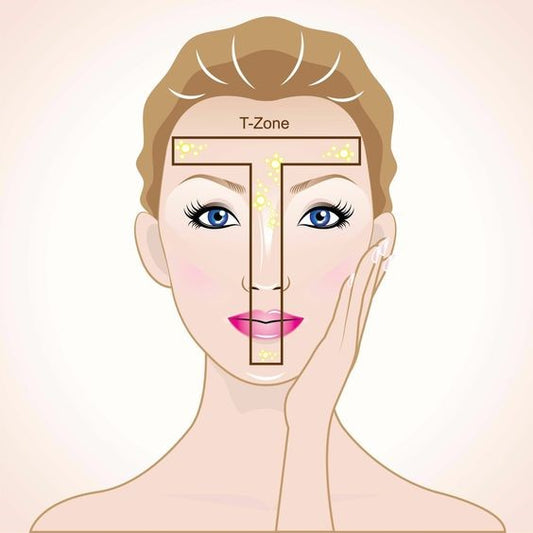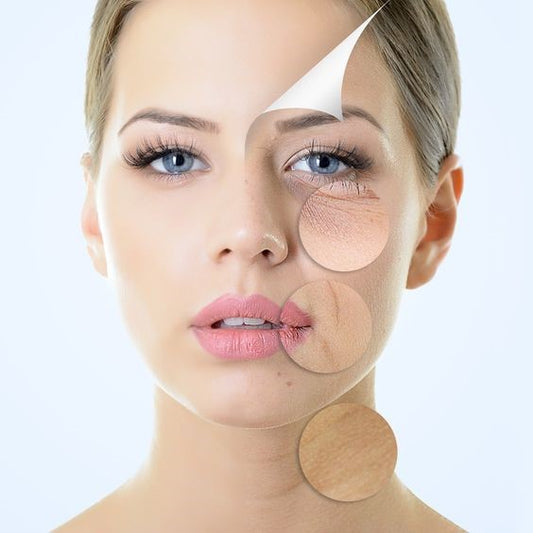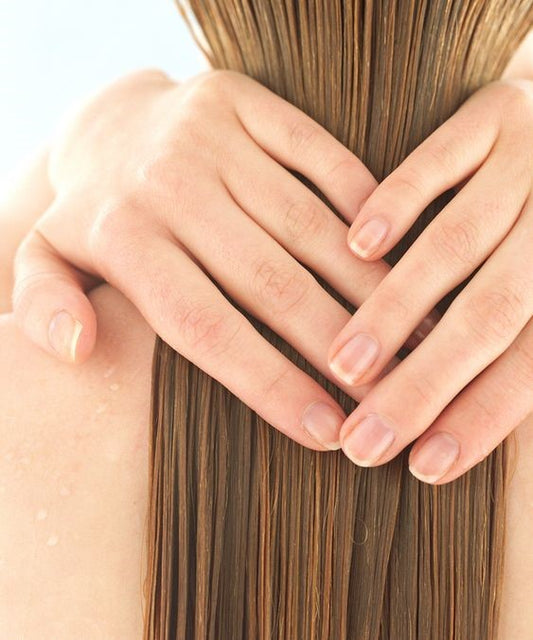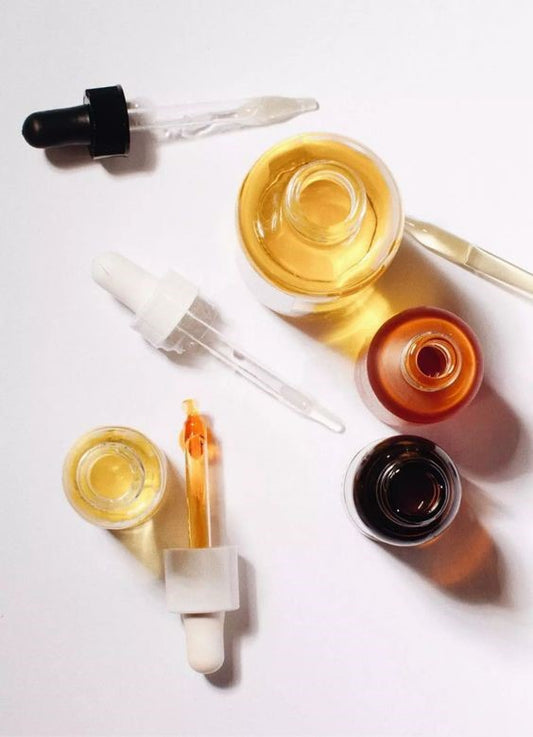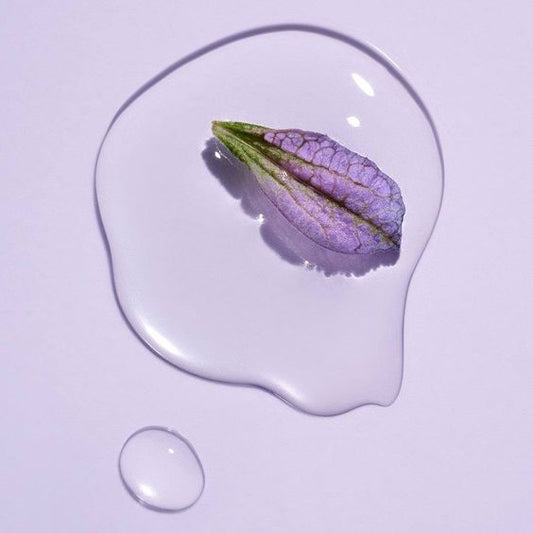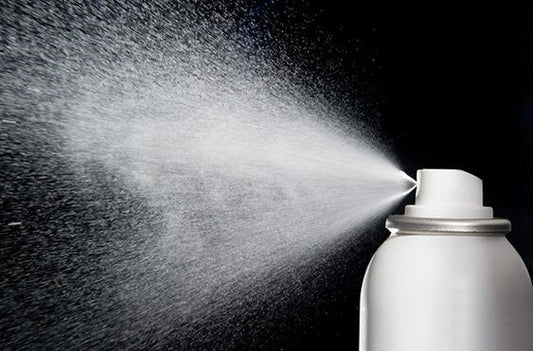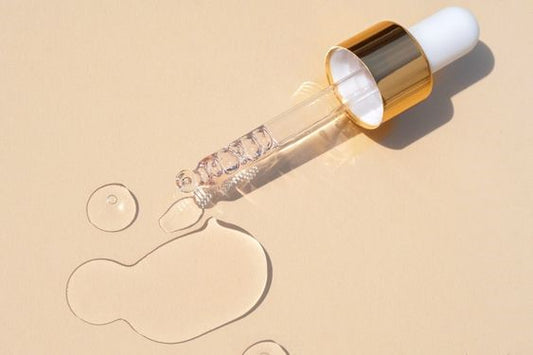Impact of Stress on Your Skin
The saying, "you wear your emotions on your face" isn't just a metaphor; it holds some scientific truth. Our skin is a reflection of our inner health and emotional well-being. Stress, one of the most common factors affecting our daily lives, can wreak havoc on our skin. From acne and eczema to dullness and premature ageing, stress can manifest various skin issues.
The Mind-Skin Connection
The mind-skin connection, scientifically known as psycho dermatology, refers to the intricate relationship between psychological factors and skin health. Stress, anxiety, and other emotional states can significantly impact the health and appearance of the skin. When we are stressed, our bodies release hormones, such as cortisol and adrenaline, growth factors, and stimulants that affect skin cell production. These stress hormones, when chronically elevated, can disrupt various physiological processes in the skin and weaken its protective barrier.
When the skin's barrier is compromised, it becomes more susceptible to irritants, allergens, and pathogens. This can lead to increased inflammation, water loss, and various skin conditions such as acne, eczema, psoriasis, hives, and rosacea. Additionally, stress-induced inflammation can also accelerate the aging process, leading to the formation of wrinkles, fine lines, and dull, dehydrated skin.

©Pinterest
Conversely, skin issues themselves can have a psychological impact on individuals. Visible skin problems can lead to reduced self-esteem, social anxiety, and feelings of self-consciousness.
The Impact of Stress on Your Skin
Acne: Stress triggers hormone fluctuations, leading to increased cortisol and adrenaline levels. This can result in excess oil production, clogging pores, and causing acne breakouts.
Eczema and Psoriasis: Stress can worsen symptoms of eczema and psoriasis, causing redness, itching, and inflammation by weakening the immune system and making the skin more sensitive.
Premature Aging: Stress accelerates the breakdown of collagen and elastin, leading to wrinkles, fine lines, and sagging skin.

©Pinterest
Rosacea: Stress can intensify rosacea symptoms, causing redness, flushing, and small red bumps on the skin.
Dull and Dry Skin: Stress disrupts the skin's barrier function, leading to dehydration, flakiness, and a lacklustre complexion.
Under Eye Bags and Dark Circles: Stress hormone cortisol causes inflammation and fluid retention, leading to puffiness and dark circles under the eyes.
Combating Stress-Induced Skin Problems
Adopt a Holistic Approach: Prioritize stress management techniques like yoga, meditation, and mindfulness practices. Regular exercise, sufficient sleep, and seeking professional help from a psychotherapist can also alleviate stress.
Use Effective Skincare Ingredients: Incorporate active ingredients into your skincare routine to address specific skin concerns. Retinol for aging signs, AHAs and BHAs for acne, hyaluronic acid for hydration, and niacinamide for skin revival are some popular choices.
Consider In-Clinic Procedures: In certain cases, in-clinic treatments like laser therapies, PRF face treatment, Ultherapy, chemical peels, and dermal fillers can offer effective solutions for acne and aging-related issues.

©Pinterest
Hydration is Key: For eczema and hives, focus on intense hydration using products containing hyaluronic acid and occlusives like heavy creams or balms.
Protection and Nourishment: Use topical antioxidants like vitamin C to brighten the skin and protect it from environmental damage. Niacinamide can soothe inflammation and improve various skin conditions.
Targeted Eye Care: Treat under eye bags and dark circles with products containing hyaluronic acid, retinol, and vitamin C. Adequate sleep and hydration are also crucial for healthy-looking eyes.
The mind-skin connection is a fascinating interplay between our mental and emotional state and the health of our skin. Stress, being an inevitable part of life, can impact the skin in various ways. By adopting a holistic approach to stress management, using effective skincare ingredients, and considering in-clinic treatments when necessary, we can combat stress-induced skin problems and achieve healthy, glowing skin. Additionally, self-care and a positive outlook are essential ingredients for a radiant complexion that reflects inner peace and well-being.

